Summary
- The impact of the transition on health
- Climate variations and their effects on the body
- Taking care of your skin
- Managing Fall Allergies
- The impact on sleep
- Circadian rhythm and lack of light
- Tips for restful sleep in autumn:
- Maintain regularity
- Expose yourself to natural light
- Create a conducive environment
- Reduce exposure to screens
- The impact on energy and morale
- Food as fuel
- Staying active despite the cold
- Managing stress and mental load
- Maintain quality sleep and suitable bedding
- Adapting well to the seasonal transition
- Adapt your wardrobe
- Favor seasonal food
- Planning Fall Activities
- Maintaining social ties
Summer is slowly fading, giving way to autumn with its shimmering colors and milder temperatures. This seasonal transition may seem insignificant, but it has a significant impact on our health, sleep, and energy. In this article, we'll explore how the seasonal change from summer to autumn affects our physical and mental well-being, and how we can adapt our bodies and minds to cope with this annual transition.
1. The impact on our health
The change of season from summer to autumn is often accompanied by a series of environmental changes. Days become shorter, temperatures drop, and atmospheric humidity can change, which is particularly the case here in Brittany. All of these factors can affect our health in different ways.
· Immune system: Fall is the season when colds and flus become more common, and more recently, COVID has joined the fray. The immune system can be weakened by changes in temperature and humidity. To counteract this, it's essential to strengthen your immune system through a healthy diet rich in fruits and vegetables and regular physical activity.
· Skin conditions: Cooler temperatures and the air that alternates between humid and dry in autumn can cause skin dehydration. It is recommended to moisturize the skin with appropriate creams and drink enough water, at least 1L per day, to maintain good hydration.
· Allergies: Fall is also the season for seasonal allergies due to falling leaves and mold. If you are prone to allergies, consult an allergist to find suitable solutions.
2. The impact on sleep
The change of seasons can disrupt our sleep because it affects our circadian rhythm. The decrease in natural light and shorter days can influence the production of melatonin, the hormone that regulates sleep. To maintain quality sleep during this transition, here are some tips:
· Regularity: Try to maintain a regular sleep schedule, even on weekends. This helps your body adjust more easily to seasonal changes.
· Light exposure: During the day, spend time outdoors to enjoy natural light. For example, take your lunch break in the sun. This helps regulate your circadian rhythm.
· Sleep-friendly bedroom: Make sure your bedroom is dark, quiet, and cool, between 18 and 20 degrees for deep sleep. Use blackout curtains to block out daylight.
· Limit screen time: It can't be stressed enough, but avoid screens at least an hour before bedtime, as blue light can disrupt your sleep. Choose a good book over your Instagram feed.
3. The impact on energy and morale
Fall can also impact our energy levels. The shorter days and cooler weather can sometimes make us feel slower. Here's how to maintain your energy during this time:
· Balanced diet: Choose a balanced, nutrient-rich diet to provide your body with the energy it needs. Seasonal vegetables, fruits, and whole grains are good choices.
· Physical Activity: Don't let the cold weather discourage you from exercising. Regular physical activity is a great way to maintain your energy and feel good about your body. For those who are sensitive to the cold, you can also sign up for hot yoga classes and discover its many benefits.
· Stress Management: The fall season can be a busy time, with back-to-school season and preparing for upcoming holidays. Take time to manage stress through meditation, yoga, or other relaxation techniques.
· Quality sleep: Good sleep is essential to maintain your energy. To do this, take care of your bedding, maintain it regularly and change it when necessary. A healthy mattress should not exceed 15 years of lifespan, you can simply check its condition with a meter or a long ruler. If you notice the formation of a cup, it is time to change it. If the time to change your mattress is not convenient for your wallet, you can opt for the purchase of a mattress topper , an ideal solution to improve your comfort while preserving your finances.
4. Adapting well to the seasonal transition
To help you adjust to the transition from summer to fall, here are some additional steps you can take:
· Wardrobe change: Put away your summer clothes and take out the warmer ones. Make sure you have appropriate clothing to face the cooler temperatures.
· Seasonal Eating: Enjoy seasonal fruits and vegetables such as apples, squash, and pears. They are not only delicious but also rich in nutrients.
· Activity planning: Plan fun fall activities like apple picking, hiking in the woods, or decorating pumpkins. This can make the transition more enjoyable.
· Socialization: Stay connected with friends and family. Social interactions can help maintain good morale during the transition.
The transition from summer to fall can take a toll on our health, sleep, and energy, but with proper preparation and a positive attitude, we can navigate this period with peace of mind. By taking care of our health, maintaining quality sleep, and adopting a seasonal lifestyle, we can not only survive this seasonal change, but also make the most of it. Enjoy the wonders of autumn, its warm colors and traditions, while taking care of your physical and mental well-being.



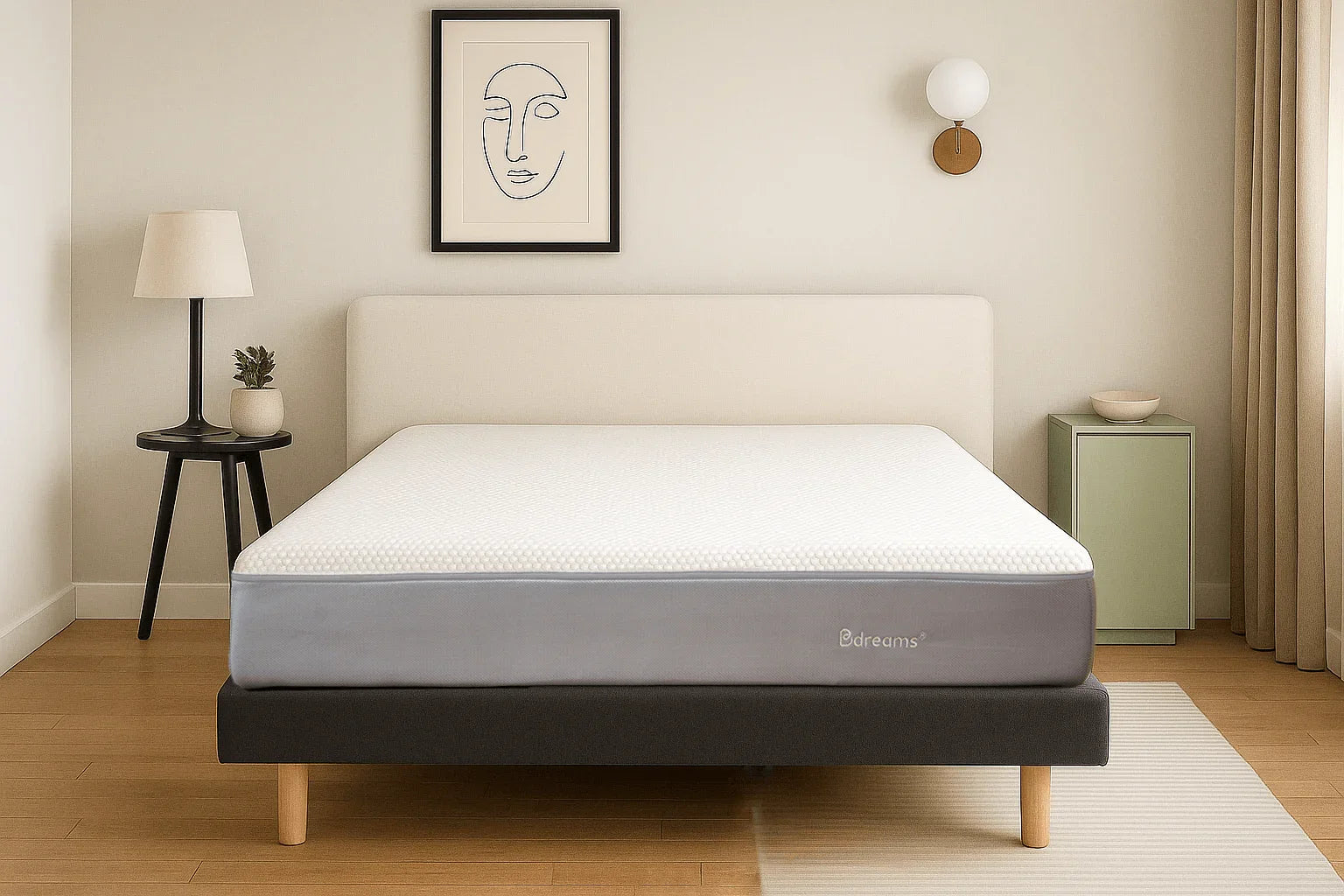

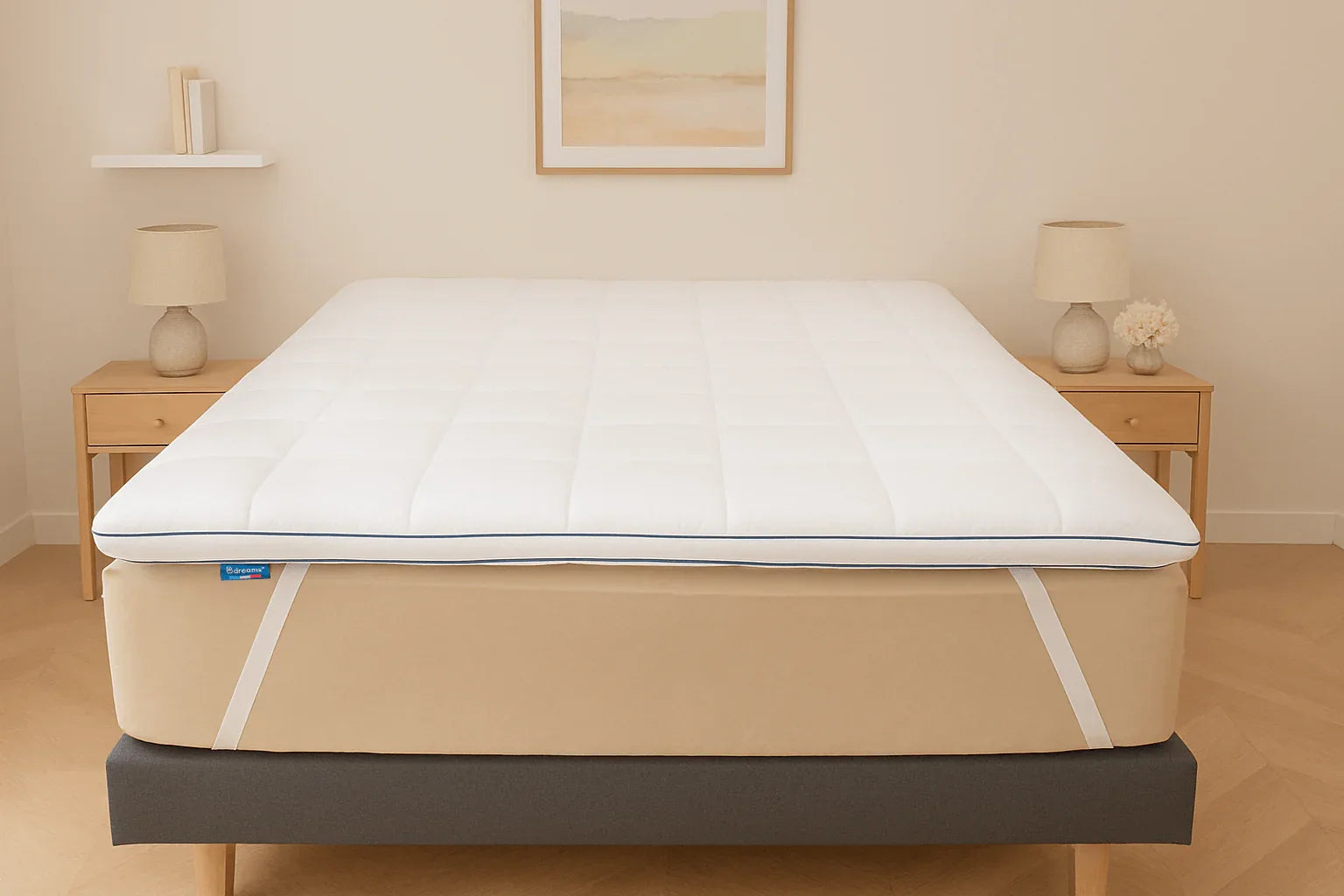

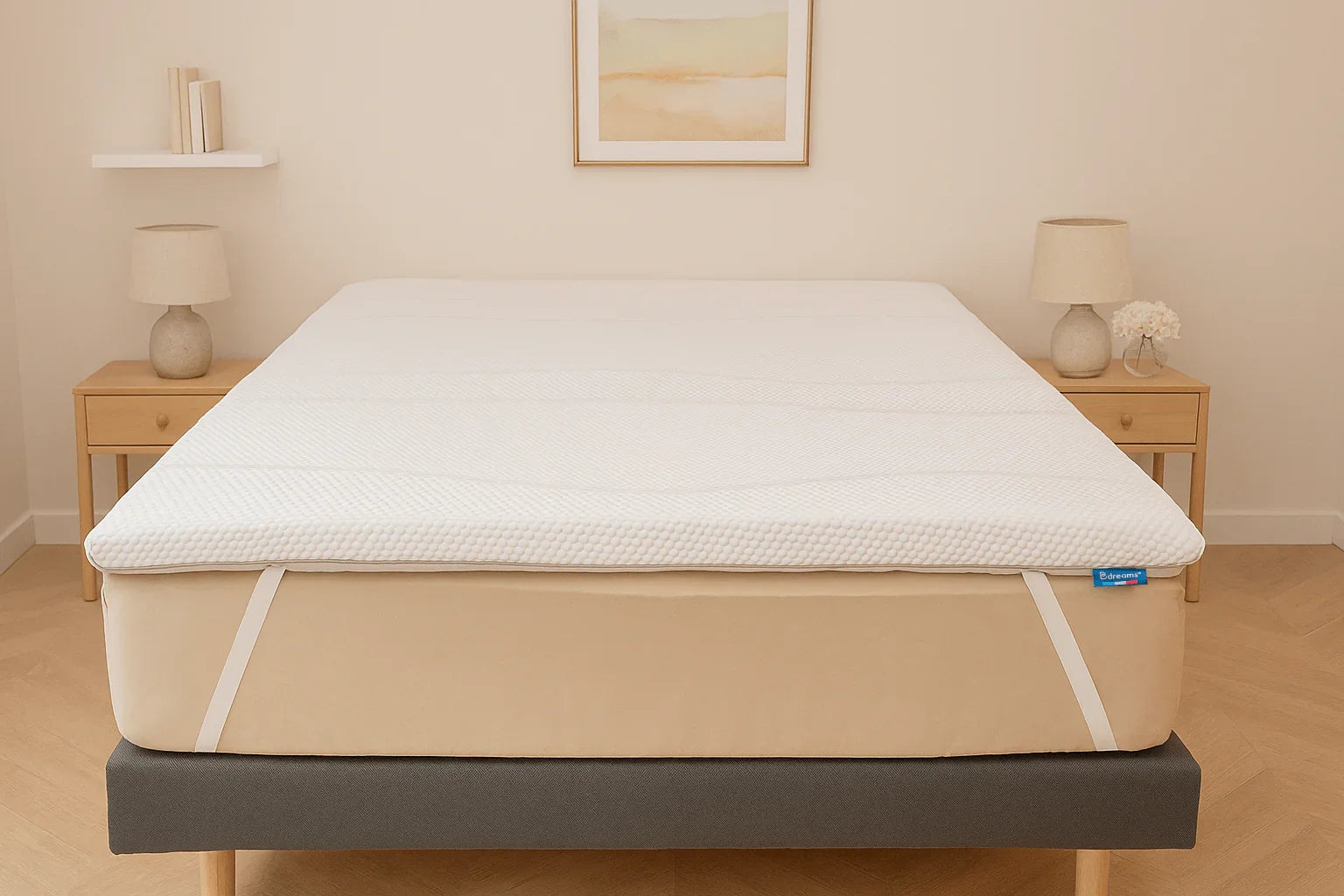
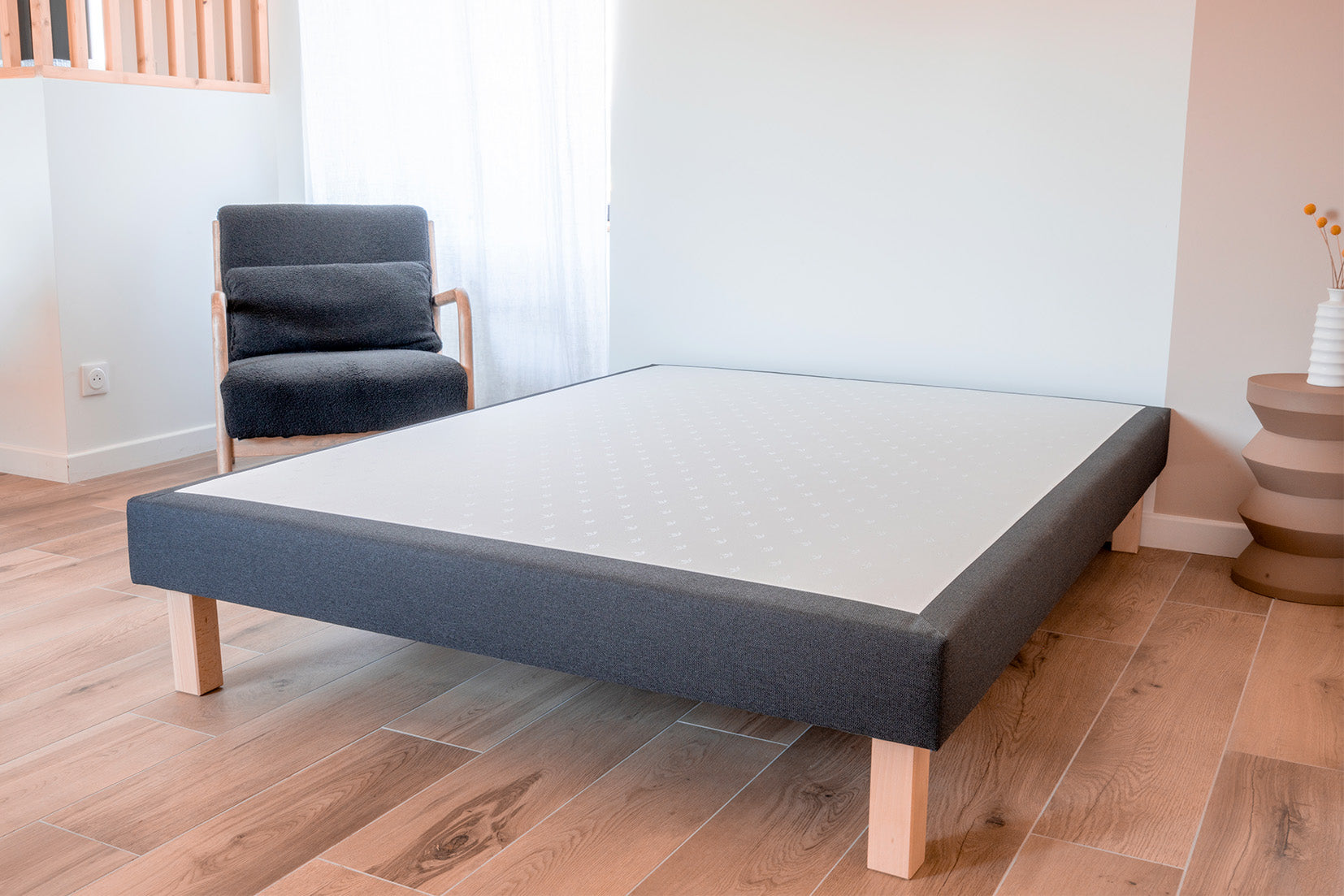
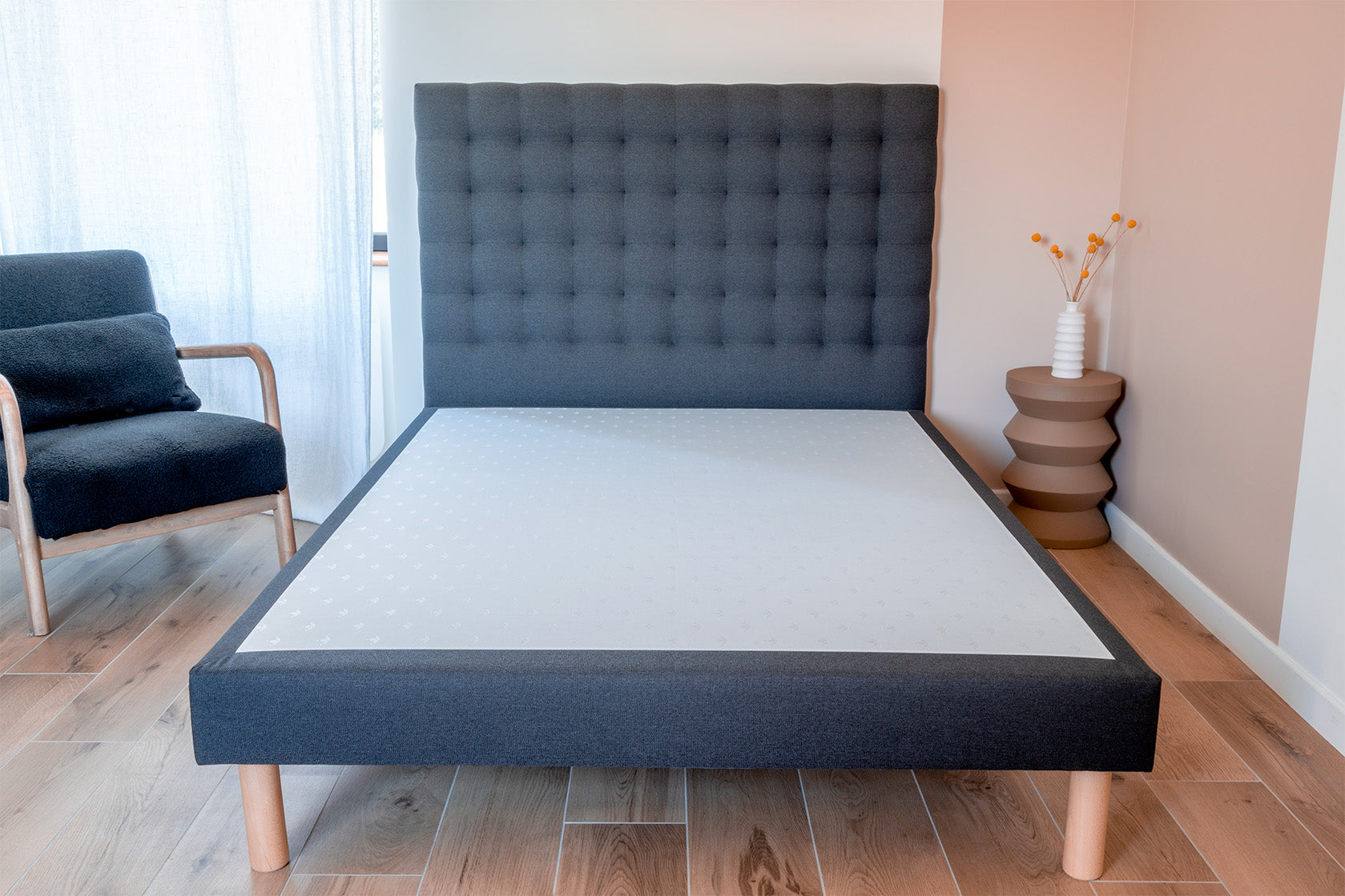





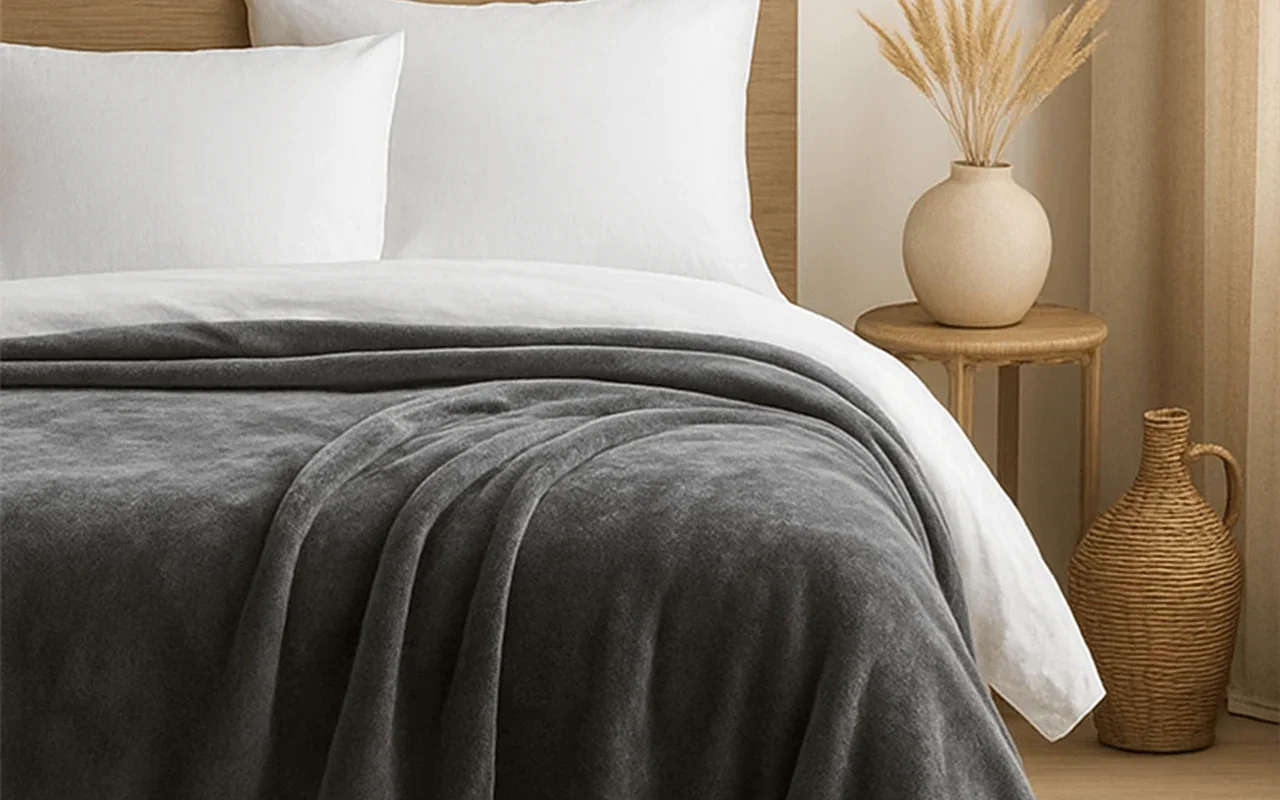



Leave a comment
This site is protected by hCaptcha and the hCaptcha Privacy Policy and Terms of Service apply.